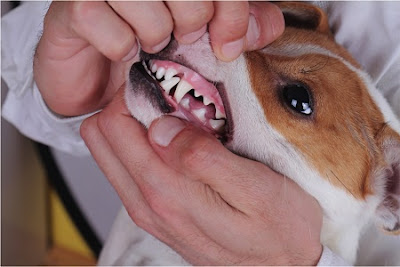The risk factors for skin cancer in cats or dogs
include exposure to the UV rays of the sun and breed predisposition.
Thin-haired pets and light-colored breeds are also more prone to developing
skin cancer because their skin is more exposed to the sun. Basset hounds,
bloodhounds, and certain other breeds are genetically predisposed to developing
squamous cell carcinoma of the skin.
Preventing excessive exposure to the sun’s UV rays is one
way to protect your pet from skin cancer. You can also let your pet wear shirts
or any type of protective clothing if they have very thin hair coats, just make
sure that they are comfortable wearing it. You can also apply sunscreen to
certain areas of the animal’s body such as the nose and including the
bridge of the nose. Make sure that you are using sunscreen that is safe for use
in pets. You should consult your veterinarian for any recommendations.
Sunscreen that contains zinc oxide and/or para-aminobenzoic acid (PABA) should NOT
be used in pets because these chemicals are toxic to them.
If your pet cat or dog belongs to the breeds that are
more prone to developing skin cancer, you must be vigilant in detecting early
signs of cancer. Early detection, diagnosis, and treatment can help improve the
prognosis. Any bump or lump on your pet’s body that wasn’t there before
should be brought to the attention of an animal
hospital Jacksonville, FL.






